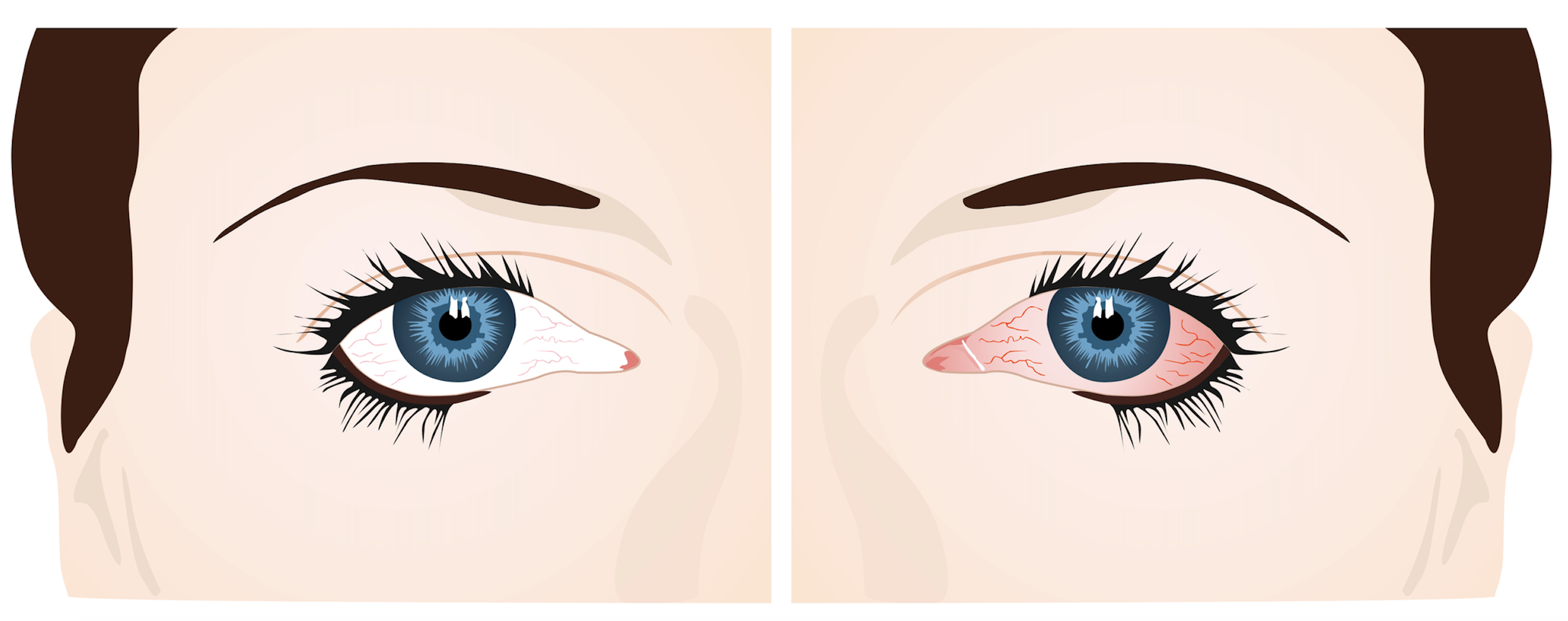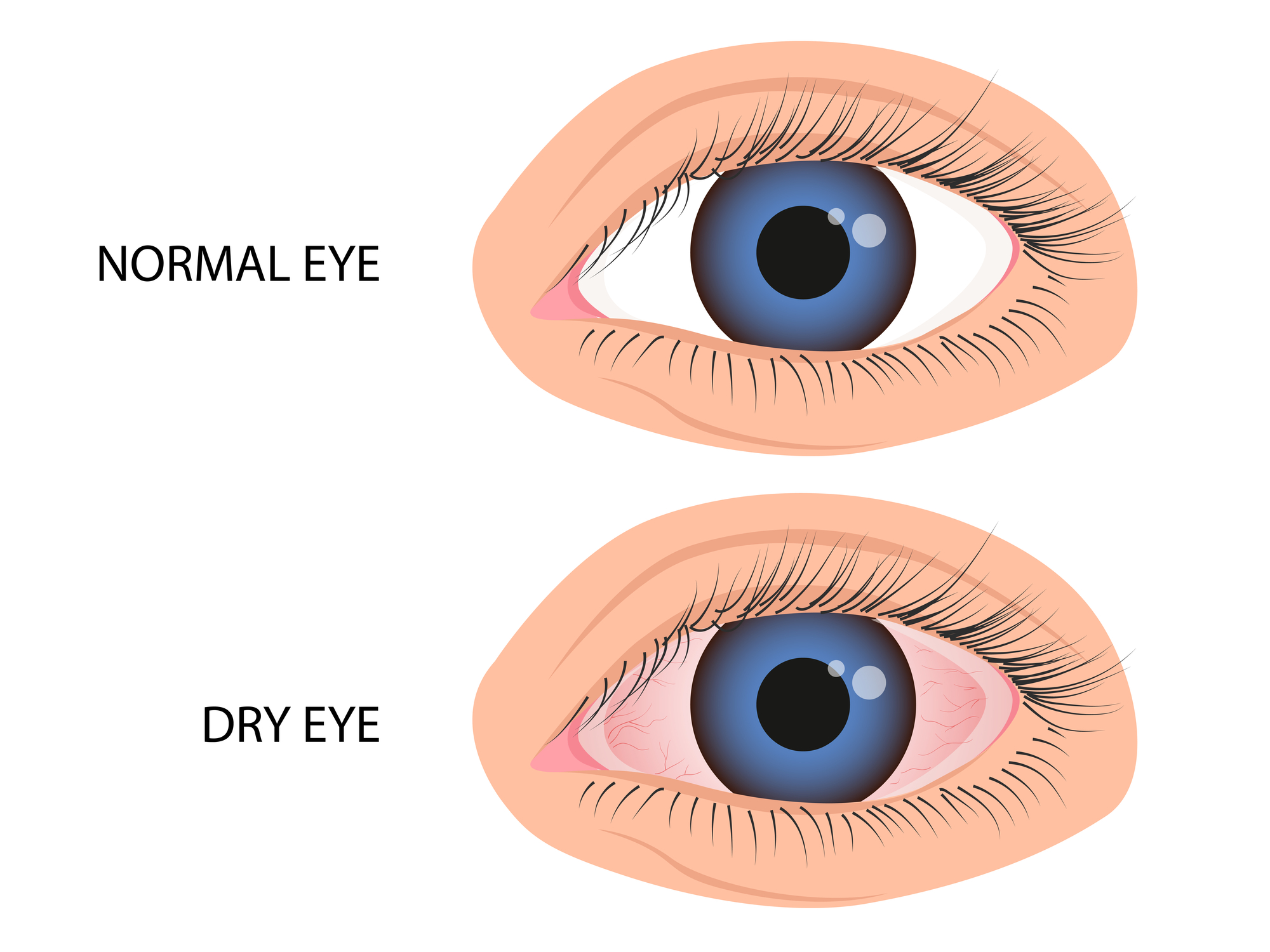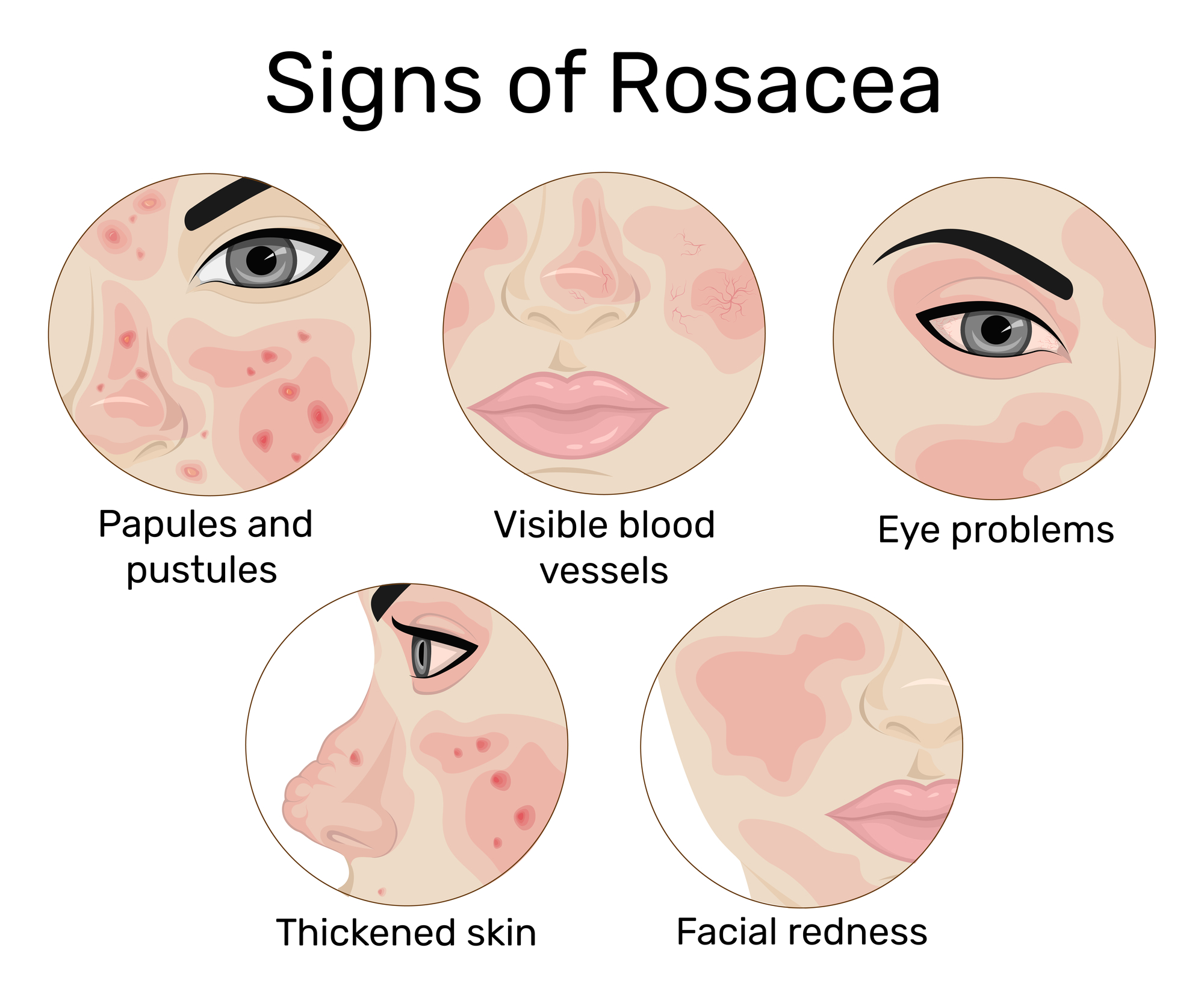Updated on October 9, 2024
Burning Eyes: Symptoms, Causes, and More


Vision Center is funded by our readers. We may earn commissions if you purchase something via one of our links.
Irritation or stinging of the eyes is often known as burning eyes. Burning eyes can be uncomfortable and are a cause for concern.

Eye burning can usually be diagnosed quickly and treated with over-the-counter (OTC) medications. However, some rare causes of burning eyes may require specialized treatment.
If you experience symptoms like vision loss, visit your doctor immediately.
8 Home Remedies for Burning Eyes
The remedies for burning eyes often depend on the condition’s underlying cause. Here are some home remedies you can try:
1. Clean Around the Eyes
Try cleaning the eyelid margins by the base of the eyelashes using lukewarm water and a gentle cleanser, such as baby shampoo. Pat the eyes dry following cleansing.
2. Use Eye Drops
Apply lubricating eye drops to lessen redness and improve eye comfort. Your doctor may recommend gel artificial tears or ointments for extremely dry eyes.
3. Apply a Warm Compress
Apply a warm compress to the eyes. Create a compress by soaking a clean, soft towel in warm water and then placing it over the area.
4. Use Antihistamine Eye Drops or Tablets
Try using antihistamine eye drops or oral tablets to treat the effects of allergic eye reactions. These treatments are available online or at the pharmacy.
5. Take Supplements
Oral supplements like fish oil and flaxseed can help treat eye burning. These supplements can help reduce dry eye effects and are especially helpful for people with ocular rosacea.
6. Drink Water
Drinking plenty of water daily can help keep eyes moist and lessen dryness.
7. Avoid Eye Strain
Regular breaks from television and computer screens can help reduce eye dryness and irritation.
8. Wear Sunglasses
Wear sunglasses to protect your eyes from UV light and further irritation.
Glasses protect against ultraviolet radiation. They can also prevent allergens and other foreign particles from entering the eyes and reduce eye strain.
Common Causes of Burning Eyes
There are various causes of burning eyes, including:
Blepharitis
Blepharitis is characterized by flaky, dandruff-like deposits at the base of the eyelids. It often results from a bacterial infection. Other symptoms include eye redness and swelling.

Dry Eye
Dry eye occurs when the tear glands do not produce enough healthy tears. Dry eye occurs more often in women and older people. Contact lenses can also cause dry eye.
Other symptoms of dry eye include:
- Pain
- Eye redness
- Blurred vision
- Heavy eyelids

Read about the best contact lenses for dry eyes.
Eye Allergies
Otherwise known as allergic conjunctivitis, eye allergies develop when irritants enter the eye. The body responds to these substances by creating histamines, which can lead to burning sensations in the eyes.
Common triggers of eye allergens include:
- Pollen
- Dust
- Smoke
- Perfumes
- Pet dander
- Foods
Other symptoms of eye allergies include:
- Tearing
- Swelling
- Redness
- Itching
Eye Sunburn
Overexposure to ultraviolet (UV) light from the sun’s rays can lead to photokeratitis, also known as corneal sunburn. Other symptoms include:
- Light sensitivity
- Pain
- Watering
- Seeing halos around lights
Snow Blindness
Snow blindness is a form of photokeratitis caused by UV rays reflected off snow and ice. Snow blindness can also refer to freezing or severe drying of the cornea’s surface due to extremely dry air.
Eye damage from UV rays is typical in the North and South Pole areas or in high mountains where the air is thinner, providing less protection from UV rays. Skiing, snowmobiling, and mountain climbing are commonly associated with snow blindness.
Ocular Rosacea
Ocular rosacea is an eye condition that causes inflammation of the eyelids. It affects people experiencing acne rosacea. Rosacea is a skin condition that involves redness and flushing of the face.

Other symptoms of ocular rosacea include pain and light sensitivity. In severe cases, ocular rosacea can lead to vision loss.
Pterygium
Pterygium is a growth of tissue on the white part of the eye. It usually develops nearest to the nose. However, pterygium can also occur in the outer portion of the eye.
A combination of environmental exposure and UV light possibly causes the condition. Other symptoms include burning eyes, itching, swelling, and redness. The fleshy growth can sometimes cover the cornea, affecting vision.
Conjunctivitis
Conjunctivitis, also known as pink eye, is an inflammation in the transparent membrane called the conjunctiva. Small blood vessels become inflamed and more visible. A common symptom of conjunctivitis is red, irritated eyes.
Conjunctivitis may be highly contagious. It is essential to meet your doctor if you notice the following:
- Dry, itchy, burning, or red eyes
- Discharge leaving one or both eyes
- Increased watering of your eyes that doesn’t improve within a day
You may require antibiotics or other treatments to reduce symptoms and the risk of spreading the eye disease.
COVID-19 and Burning Eyes
COVID-19, commonly known as Coronavirus, is a viral infection that can cause fever, cough, and fatigue, among dozens of other symptoms.
Although uncommon, COVID-19 has the potential to cause burning eyes. In the Journal of Ophthalmic & Vision Research (2021), studies showed that 11% of more than 8,200 people with COVID-19 had ocular symptoms. Over 83 of the 932 patients with eye symptoms reported burning eyes.
If you experience burning eyes alongside other COVID-19 symptoms, follow your local COVID advice and seek medical treatment if symptoms worsen.
Listen In Q&A Format
Burning Eyes: Causes, Symptoms, Treatment, and Home Remedies
Vision Center Podcast
When to See a Doctor for Burning Eyes
Seek medical treatment from a doctor or ophthalmologist if burning or dry eye symptoms continue or worsen.
If you experience the following symptoms, contact your eye doctor immediately for medical attention:
- Eye discharge
- Blurred vision
- Eye floaters or flashes of light
- Double vision
- Other unexpected symptoms
Diagnosis
When you visit your doctor for burning eyes, they will examine your medical history and ask about symptoms. These questions might include:
- When did the symptoms start?
- What makes your symptoms worse or better?
- Do you have a history of any other conditions affecting your eyes?
Your eye doctor will also review the medications you are taking. Some medicines, like decongestants, can result in burning eyes.
Next, they will perform a physical eye exam to check for irregularities, dryness, and damage. Your doctor might also use microscopes or other equipment to look at your eyes more closely.
Lastly, eye drops may be recommended to observe the tears flow and moisture levels in the eyes.
Professional Treatments
Your eye doctor might suggest professional treatments depending on the severity of your condition. For example, they will likely suggest antibiotic eye drops if the cause is a bacterial eye infection.
In rare cases, eye doctors suggest inserting plugs into the tear duct opening (punctum). This procedure helps stop tears from draining away from the eyes.
Summary
A wide array of eye problems can lead to burning eyes. The most common causes include allergies, dry eyes, infections, and irritations.
Home remedies can ease some of these issues. However, if symptoms persist, seek medical attention.
In this article
7 sources cited
Updated on October 9, 2024
Updated on October 9, 2024
About Our Contributors
Mara Sugue, with a B.A. in Social Sciences, is a dedicated web content writer for Vision Center. She is committed to making eye health research accessible and understandable to people from diverse backgrounds and educational levels. Her writing aims to bridge the gap between complex vision health topics and readers' needs for clear, factual information.
Dr. Melody Huang is an optometrist and freelance health writer with a passion for educating people about eye health. With her unique blend of clinical expertise and writing skills, Dr. Huang seeks to guide individuals towards healthier and happier lives. Her interests extend to Eastern medicine and integrative healthcare approaches. Outside of work, she enjoys exploring new skincare products, experimenting with food recipes, and spending time with her adopted cats.

